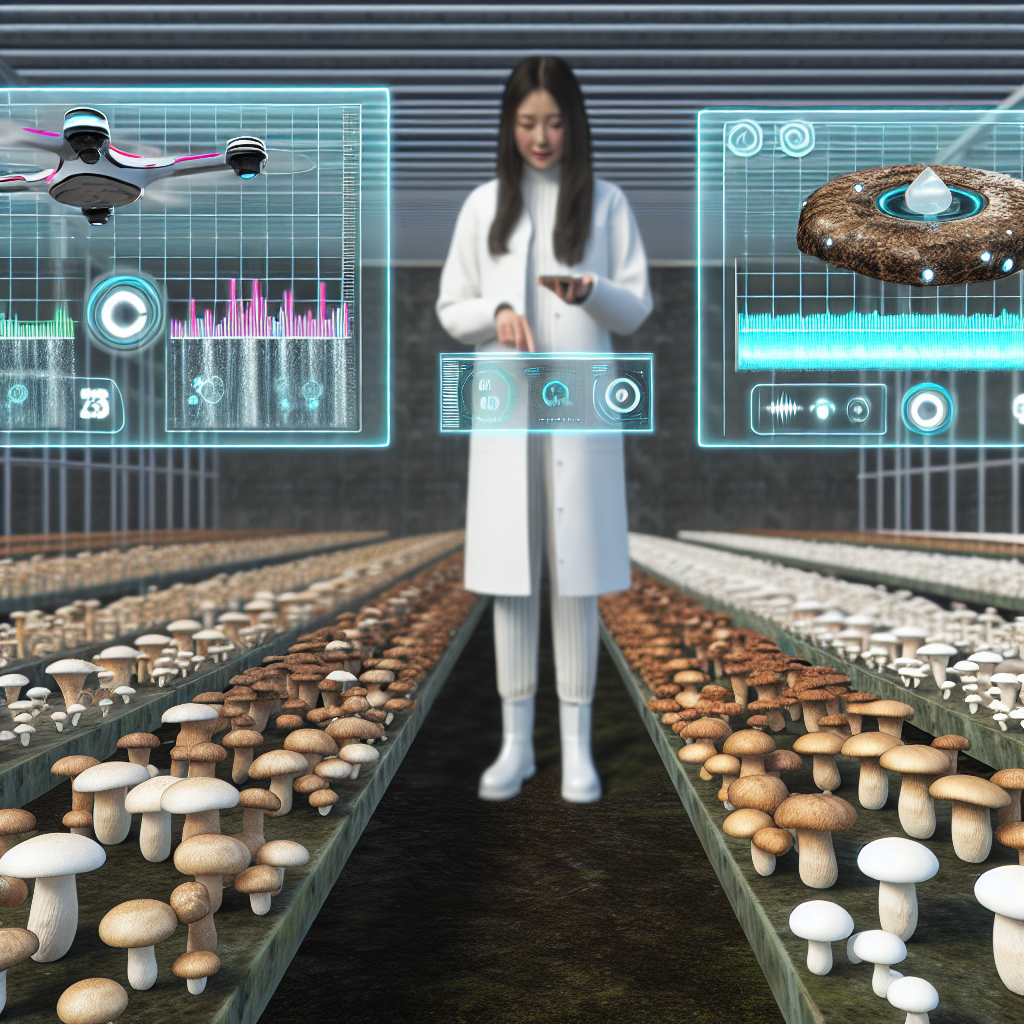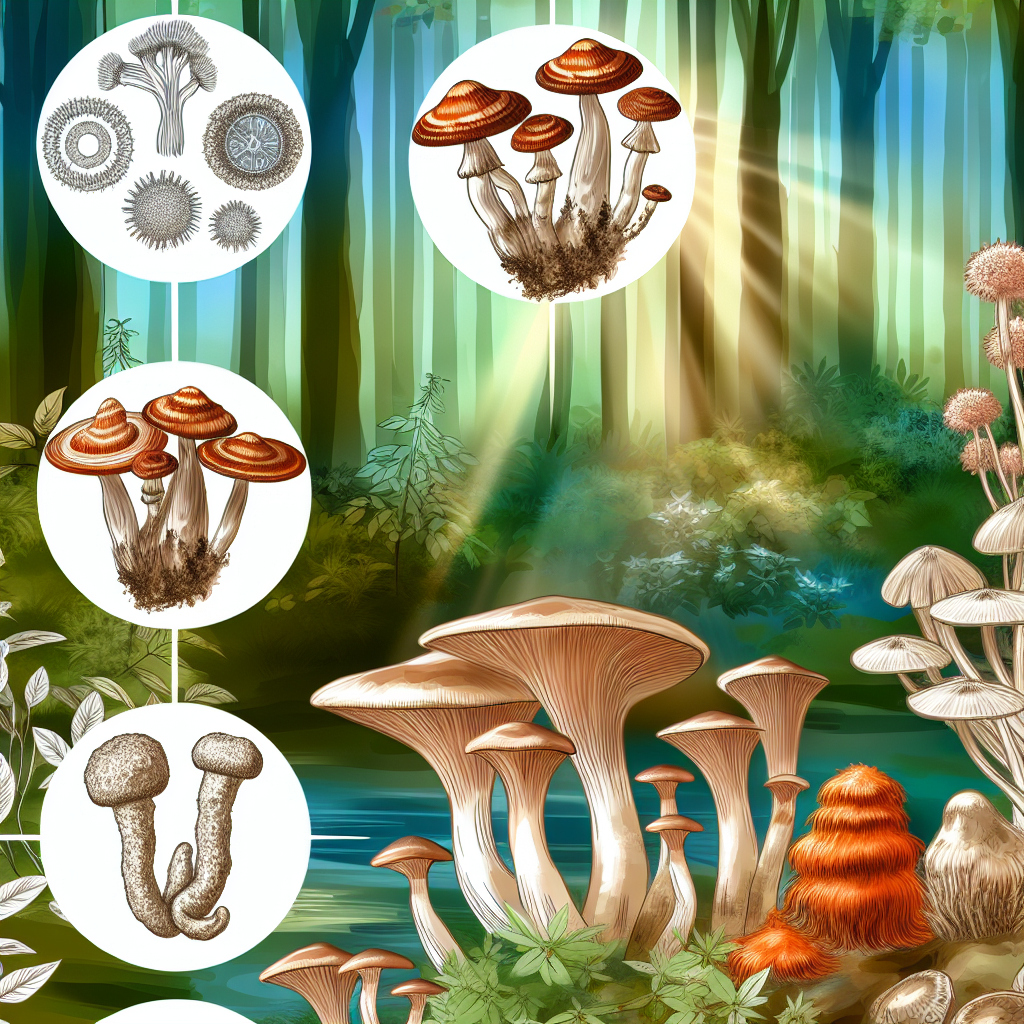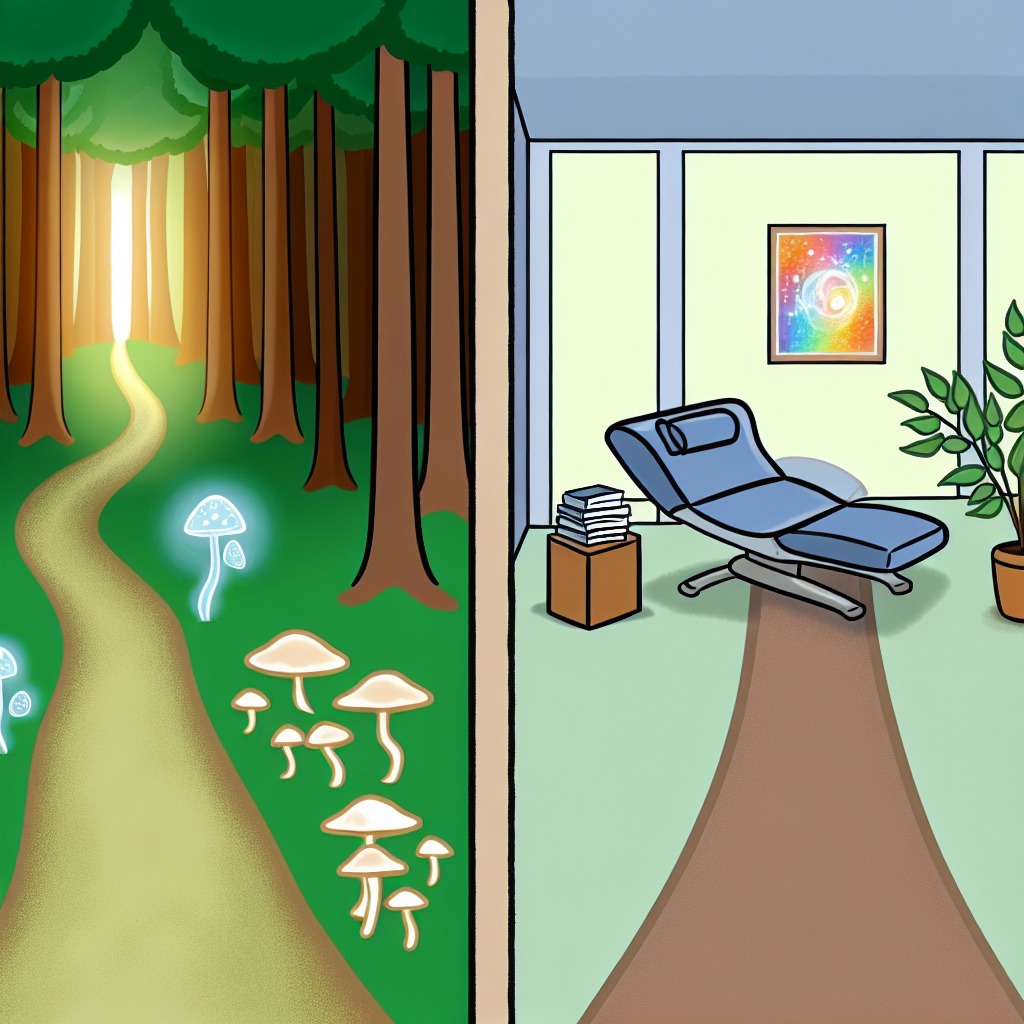Harnessing AI-Powered Monitoring Systems for Next-Gen Mushroom Cultivation
Introduction: Where Fungi Meets Future Tech
The world of functional mushrooms and psilocybin-based therapies is rapidly evolving alongside cutting-edge technologies like artificial intelligence (AI). While the therapeutic potential of psychedelic and medicinal mushrooms continues to gain clinical validation, the methods of harvest and cultivation are also undergoing a revolutionary transformation.
One of the most innovative leaps in this field is the emergence of AI-powered monitoring systems for automated mushroom cultivation. This technology is paving the way for optimized, cost-effective, and scalable production of high-value fungal species including Lion’s Mane, Reishi, Cordyceps, and Psilocybe cubensis.
Traditionally, mushroom cultivation has been labor-intensive and heavily dependent on the expertise of skilled growers. Key factors such as humidity, temperature, CO₂ levels, light exposure, substrate moisture, and growth cycles must be constantly monitored and adjusted. Deviations in these parameters can lead to diminished yields or contaminated harvests. This makes consistency in large-scale cultivation a challenge, especially as the medicinal mushroom industry expands to meet global demand.
Enter AI and machine learning. With the integration of smart sensors, data-driven platforms, and intelligent environmental control systems, growers can now fully automate the mushroom cultivation process. AI algorithms are trained to monitor real-time environmental conditions and predict the optimal conditions for each stage of growth. These systems can autonomously detect anomalies like contamination risks or environmental fluctuations, allowing for timely interventions.
Moreover, AI-powered camera systems, using computer vision, can visually analyze mushroom development—tracking everything from early pin formation to ideal harvest readiness. By reducing human error, increasing yield predictability, and minimizing waste, AI-enhanced mushroom farming brings precision agriculture to the fungal kingdom.
These groundbreaking advances are especially significant as psilocybin mushrooms are re-emerging in the medical field for treating conditions such as depression, PTSD, and addiction. Standardized cultivation becomes imperative in the pharmaceutical space where consistency, efficacy, and safety are paramount. Automated cultivation tech not only meets these requirements but can also reduce production costs, making natural therapies more accessible.
As the convergence of AI and mycology grows stronger, the future of mushroom-based treatments is looking brighter than ever. Whether for therapeutic, nutritional, or cognitive enhancement purposes, innovations in automated cultivation ensure that the increasing global demand for high-quality mushrooms is met efficiently and ethically.
The Science Behind Smart Cultivation: AI Features & Groundbreaking Studies
Recent developments in AI-powered agricultural technologies have inspired numerous research initiatives tailored to fungi cultivation. While most early smart-farm systems targeted traditional crops, mushroom farming is now receiving significant attention due to the therapeutic and commercial value of standardized mycelial products.
A notable study published in the journal *Sensors* (2022) demonstrates that AI-driven environmental sensor systems can track and optimize humidity, CO₂ levels, substrate pH, and temperature in real time. The result? A 20–30% yield increase and reduced labor dependency. These systems leverage the Internet of Things (IoT), providing remote access to environmental data, predictive analytics, and early detection of anomalies like contamination or equipment failure.
Another major leap forward comes from a 2023 collaboration between agricultural engineers at Zhejiang University and biotech researchers. Together, they employed deep learning models trained on high-definition mushroom imagery to detect pin formation and predict harvest windows. Published in *Computers and Electronics in Agriculture*, their system achieved over 95% accuracy in growth stage detection—effectively removing human guesswork from harvest decisions.
On the medical side, consistency in active compound production, such as psilocybin content, is crucial. A 2021 report in *Frontiers in Pharmacology* discussed how minute environmental variations influence the biochemical stress responses in mycelium, affecting compound yield. Precision AI farming tools that maintain environmental stability become essential to growing pharmaceutically viable mushrooms.
In the private sector, startups like AtomVault BioFarms are setting a precedent. Using AI-integrated hydroponic modules, AtomVault reduced contamination losses by 40% and delivered standardized, GMP-compliant mushrooms for research and commercial use. Similarly, companies like MycoTechnology and Smallhold are utilizing AI-driven clean-room cultivation to scale up operations without compromising on quality or safety.
These technologies not only boost sustainability by conserving water, substrates, and energy but also make meeting strict regulatory standards (such as GMP certification) much more manageable. As psilocybin nears potential approval for therapeutic use, these upgrades offer a blueprint for resilient, ethical, and efficient supply chains.
AI is the Catalyst for the Future of Therapeutic Mushroom Farming
The integration of AI-powered monitoring systems into mushroom cultivation is more than a technological trend—it’s a paradigm shift reshaping how we grow, harvest, and deliver fungus-based solutions to the world. From ensuring clinical-grade consistency to reducing manual labor and resource inputs, AI has become the catalyst for a scalable and secure mushroom revolution.
For producers, this means lower costs, better margins, and uncompromising standards. For consumers and patients, it translates to more affordable access to reliable natural medicine. Whether the end use involves cognitive enhancement, nutritional value, or psychedelic therapy, AI is ensuring these powerful fungi are cultivated with the precision of modern science.
As artificial intelligence and mycology continue to fuse, the possibilities for innovation in mental health, immunology, and beyond are endless. The era of smart mushroom farming is officially here—and it’s just getting started.
References
– [IoT and AI for Mushroom Culturing – Sensors Journal, MDPI (2022)](https://www.mdpi.com/1424-8220/22/4/1497)
– [Deep Learning Model for Mushroom Growth Tracking – Computers and Electronics in Agriculture (2023)](https://www.sciencedirect.com/science/article/pii/S016816992200384X)
– [Standardization in Psilocybin Content – Frontiers in Pharmacology (2021)](https://www.frontiersin.org/articles/10.3389/fphar.2021.683731/full)
– [Smallhold Mushroom Farming Automation](https://www.smallhold.com/about)
– [MycoTechnology’s Advanced Cultivation Methods](https://mycotechcorp.com/)
– [Zhejiang University AI Hydroponic Mushroom Study](https://www.zju.edu.cn/english/2023/0422/c20250a2716363/page.htm)
Concise Summary:
The article explores how artificial intelligence (AI) is revolutionizing the cultivation of functional and psychedelic mushrooms. It discusses the integration of AI-powered monitoring systems that automate key aspects of mushroom farming, leading to increased yield, reduced labor, and improved consistency – crucial for the emerging medicinal mushroom industry. The article also highlights groundbreaking research and real-world applications of these AI-driven cultivation technologies, showcasing their potential to make natural therapies more accessible and scalable.

Dominic E. is a passionate filmmaker navigating the exciting intersection of art and science. By day, he delves into the complexities of the human body as a full-time medical writer, meticulously translating intricate medical concepts into accessible and engaging narratives. By night, he explores the boundless realm of cinematic storytelling, crafting narratives that evoke emotion and challenge perspectives. Film Student and Full-time Medical Writer for ContentVendor.com



